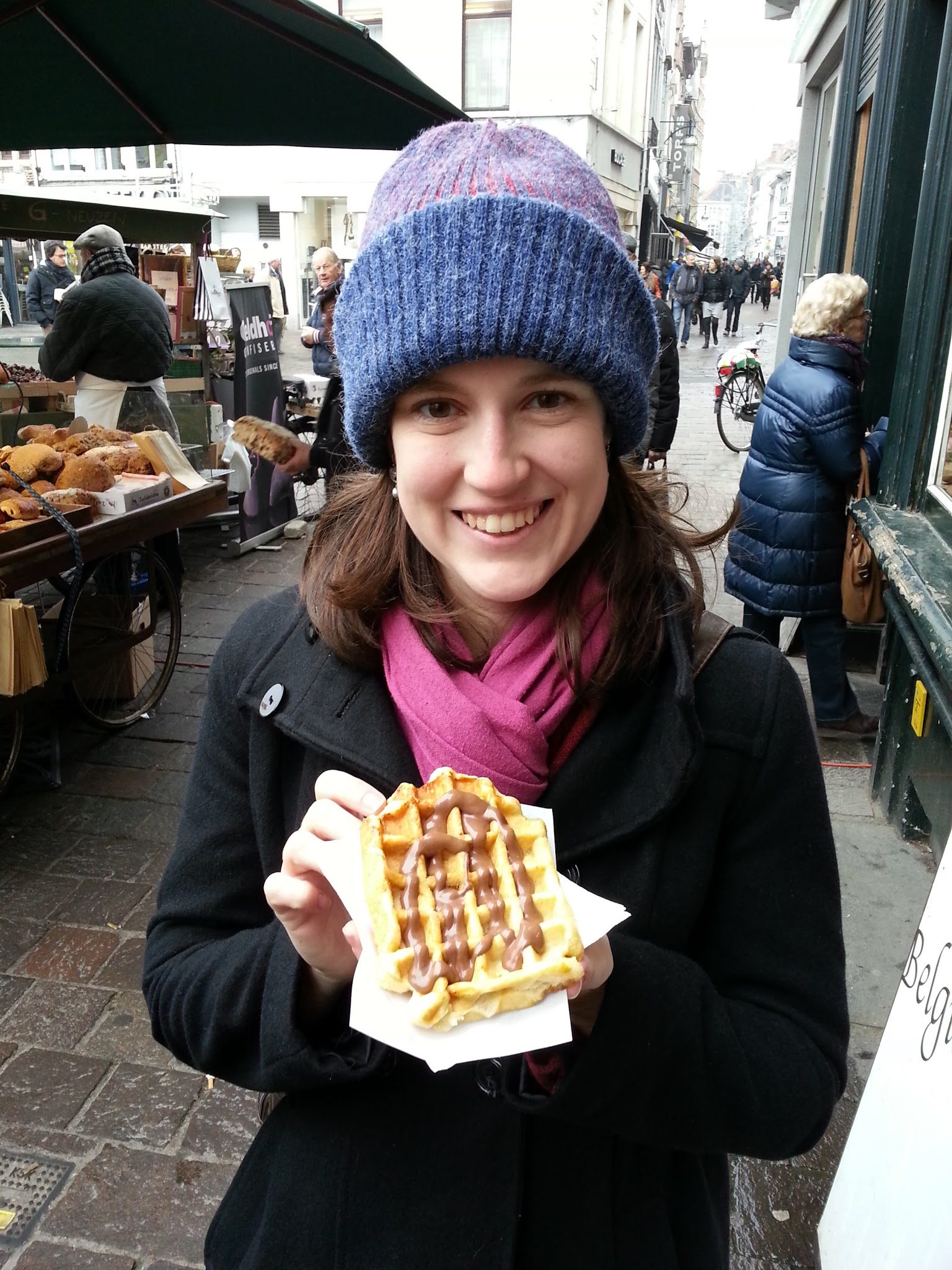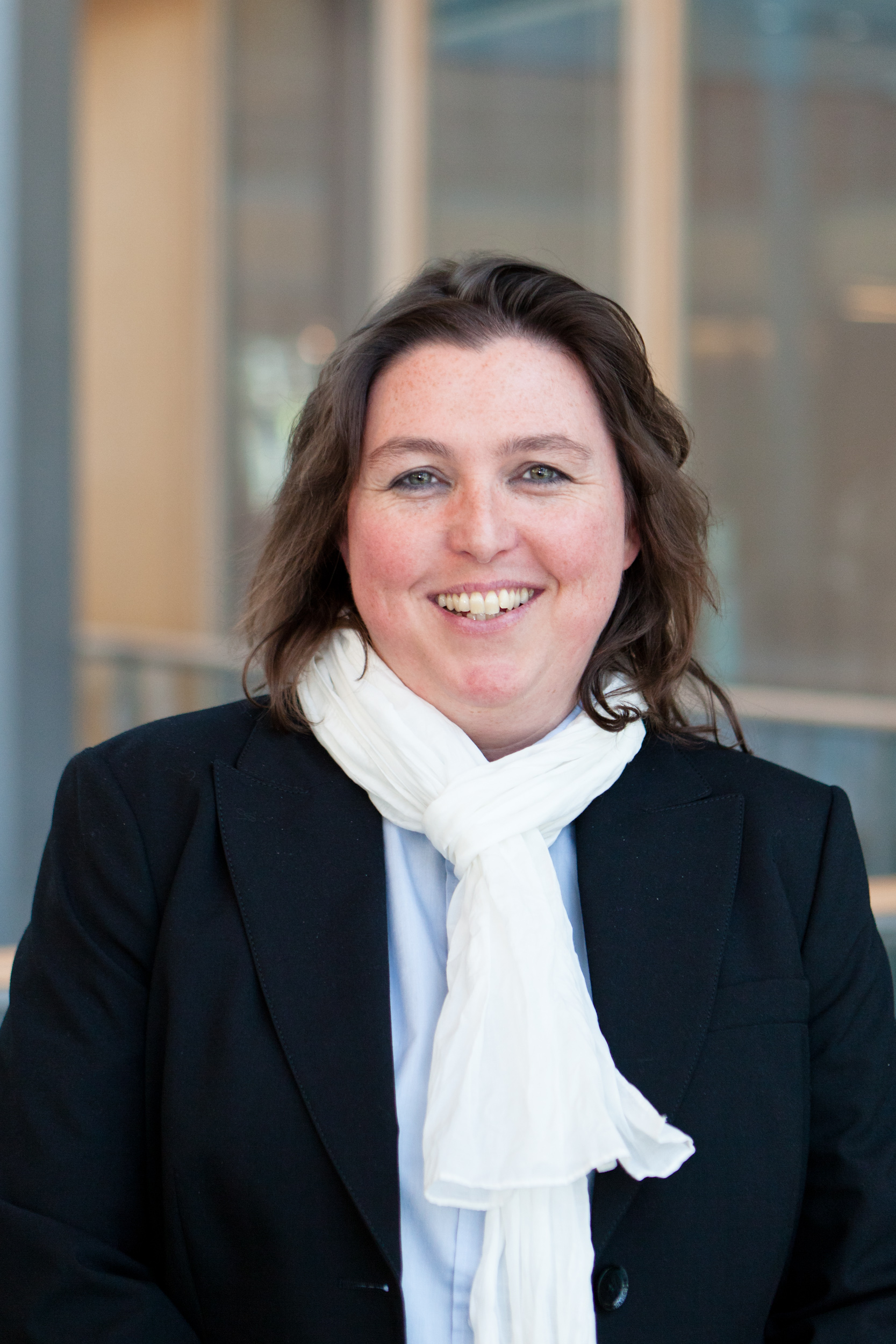Travel through Germany and visit Belgium and Luxembourg as you learn about international politics and gain fascinating insights into the European Union.
Language
Leadership
Peace, Politics, & Human Rights
Social Change
As you travel throughout Germany and across national borders, you will spend time in cities such as Berlin, Brussels, Cologne, Bonn, Schengen, and Luxembourg. Your Experiment begins with a group orientation in Frankfurt, a global hub for commerce, culture, education, and more, where you will begin taking German language classes.
During your homestay, you will have the opportunity to share in German daily life and attend school with German students to experience local high school culture.
At the ‘border triangle’ of Germany, France and Luxembourg, visit Schengen, Luxembourg, where the Schengen Agreement was signed. Through interactive activities at the European Museum, learn about the significance of the Schengen Agreement. Then continue to Brussels, Belgium, the seat of the Nobel Peace Prize–winning European Union (E.U.), where you will visit the European Commission and explore the E.U.’s institutional structure. Return to Germany to visit the 2,000-year-old city of Cologne, where you will see the awe-inspiring Kölner Dom, a UNESCO World Heritage site, and visit the United Nations in Bonn.
Your program will wrap up in Berlin, Germany’s capital and bustling cultural center. You will begin with a tour of the city’s important sites, including the Bundestag (Germany’s parliament). You’ll also attend workshops on the structure of the E.U., including competencies, tasks, and stakeholders, and a seminar on European asylum politics to learn about the current refugee situation on the continent.
The Experiment’s programs are designed to build skills that will help you succeed. In Germany, you will learn:
TECHNICAL SKILLS
INTERPERSONAL SKILLS
*Program fees may increase by
$500 -$1000 to account for changes
to lodging accommodations.
Families or partner organizations are also responsible for arranging and paying for participants' domestic travel to the international departure/return airport in the U.S., whether flying, driving or by other means. By its nature, domestic airfare varies by airline, timing, destination, and availability.
The planned activities and homestay provide for better immersion, which facilities the language learning process. I am incredibly grateful that I received the opportunity to further my academic interests, see more of the world, and meet amazing new friends through The Experiment's Germany program!
EFFIE, The Experiment alum, Germany
This itinerary is only a sample and is subject to change. Because of factors such as group size and availability of in-country offerings such as festivals, your experience — including sites visited and the number of days spent in each location — may differ somewhat from the one presented below.
Orientation
During the orientation period, you and your group will stay at a centrally located youth guest house in Frankfurt.
Homestay
During this period, you will stay in the home of a family.
Thematic Focus in Cologne, Brussels, Belgium, and Schengen, Luxembourg
During this period, you and your group will stay at a centrally located youth guest house in Brussels, Strasbourg, Luxembourg, and Cologne.
Thematic Focus in Berlin
During this period, you and your group will stay at a centrally located youth guest house in Berlin.
Reflection and Wrap-up in Berlin
During this period, you and your group will stay at a centrally located youth guest house in Berlin.
Departure

The Experiment’s group leaders go through a rigorous selection process and have extensive experience with youth education, local expertise in the country or region of their program, language abilities, knowledge in their program theme, travel logistics and management know-how, and experience with health, safety and risk management.

Kimberly caught the travel bug in high school when she first traveled to Europe for a mission trip in Germany. Upon graduating from high school, Kimberly was awarded a scholarship from the Congress-Bundestag Youth Exchange to live and work in Germany for a year. During that year, Kimberly discovered her passion for cross-cultural exchange while working at an after-school program for German youth. She then went on to attend Long Island University’s Global College Program, which allowed her to study abroad throughout Asia and Europe for 2.5 years. Kimberly received a bachelor’s degree in international relations with a concentration in intercultural education. For the past 10+ years, Kimberly has implemented student leadership programs both locally and around the world and she enjoys teaching students about social issues, service learning, and global citizenship. Kimberly has led three groups with The Experiment including Germany and Ireland. When traveling, one of Kimberly’s favorite things is exploring delicious foods from around the world.
The Experiment's programs are led by accomplished and experienced faculty and staff who typically live in the country of study. Program leaders are responsible for instructional content, classroom and field experiences, and daily program operations.

Eva Kirch works as program manager with The Experiment in Germany. For more than 15 years, she has been responsible for planning and organizing intercultural programs for international groups and individuals.
Previously, she worked for tour operators and for the University of Bonn, Germany.
Eva holds degrees in English and tourism management and loves helping young people from other countries learn about Germany.
1015 15th Street NW, Washington, DC 20005
PO Box 676, 1 Kipling Road Brattleboro, VT 05302
P: U.S. 1.800.345.2929 | Intl. +1.802.258.3481
F: 802.258.3427